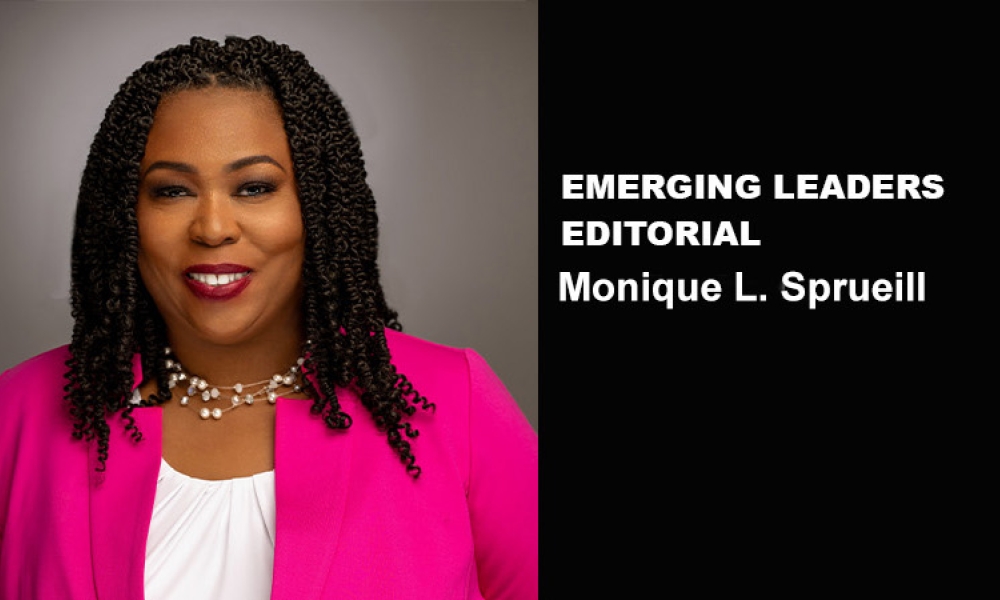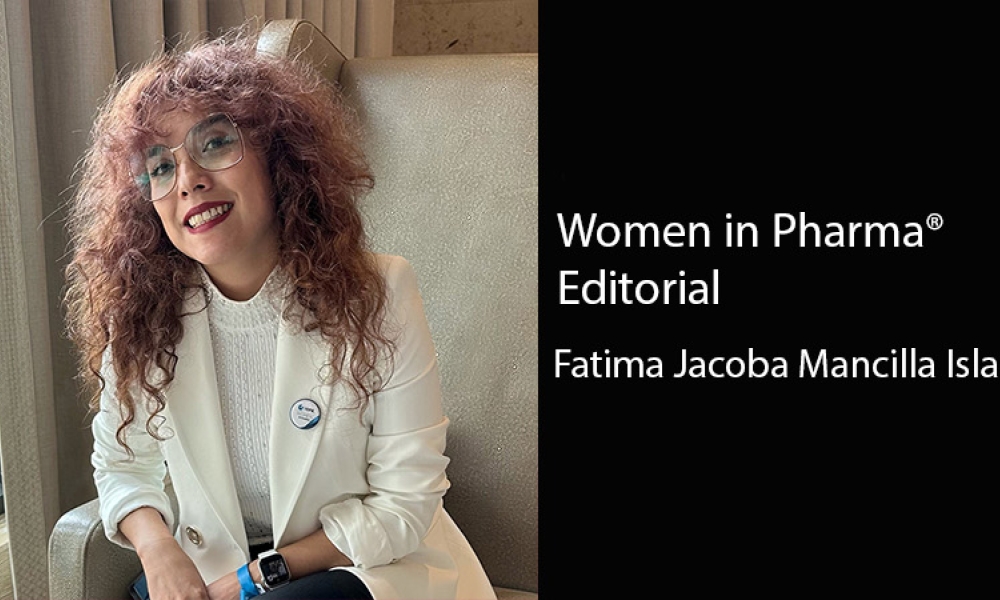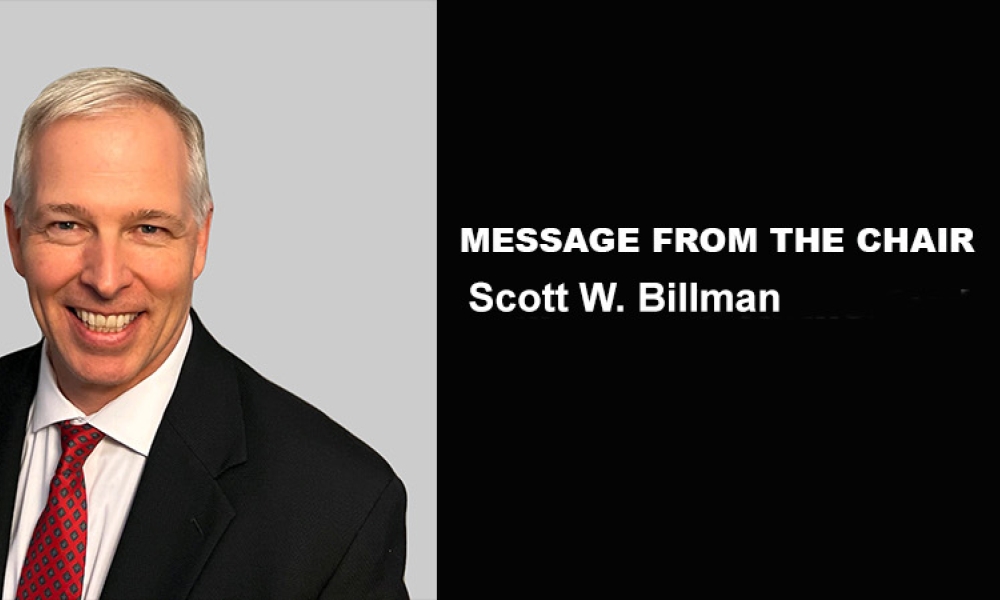Acing the Photo Interview
Related Articles
Insights
Personalized medicine provides a treatment alternative that utilizes patients’ genetic material to produce therapeutics. According to Market Research Future, the US currently accounts for the largest share of the personalized medicine market, and it is expected to reach US $27.5 million by 2030.
Insights
Over time and with effort and determination, women in key leadership positions have proven that these positions are genderless for individuals with the correct set of abilities and knowledge.
Insights
ISPE has started 2024 with great momentum, having two technical conferences in the first quarter, the 2024 ISPE Facilities of the Future Conference in San Francisco, California and the 2024 ISPE...



